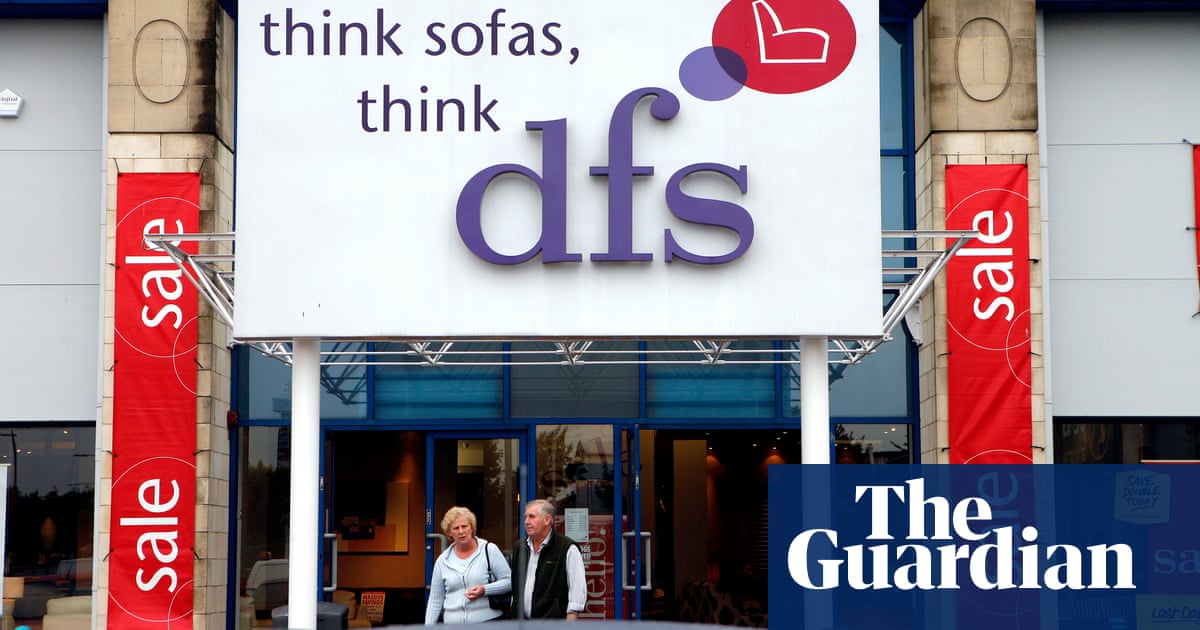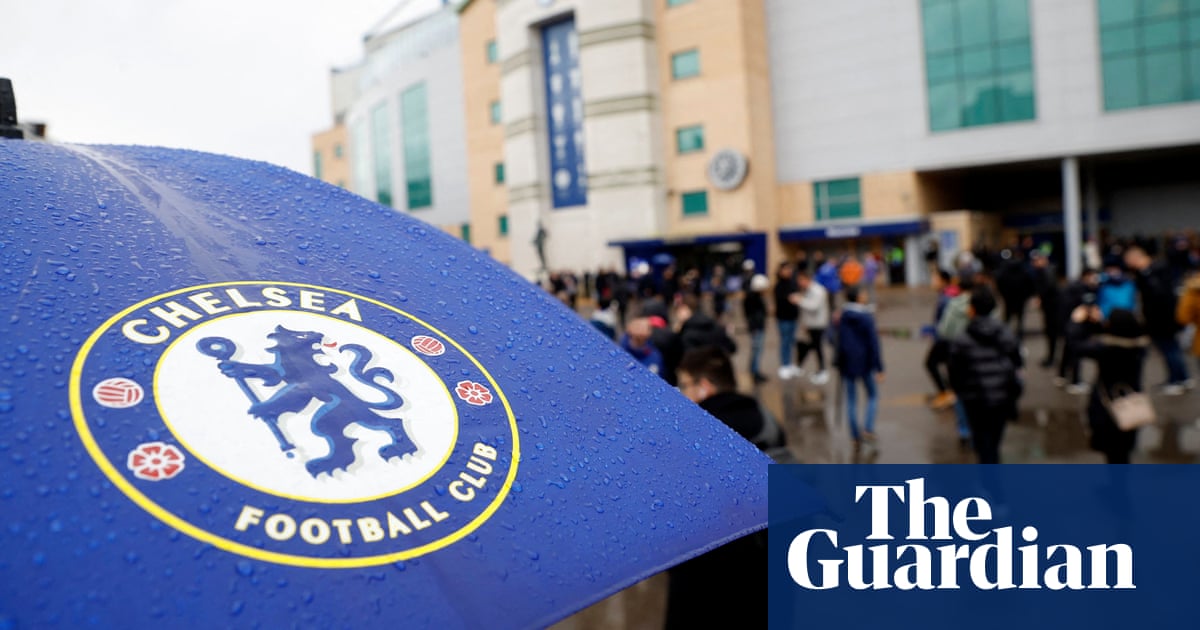
The owners of Asda are facing mounting pressure after figures showed the struggling supermarket chain’s share of the grocery market reached a “new nadir” as sales fell sharply this summer.
The grocer’s sales fell 6.4% in the three months to 10 August, equivalent to more than £2bn in annual lost revenues, as it became the only member of the traditional “big four” supermarkets to see sales shrink, according to analysts at NIQ.
The third-largest UK supermarket chain lost 1.3 percentage points of market share, diving to just 11.8%, putting it just a sliver above Aldi in fourth place.
The sales fall will pile further pressure on Asda’s major shareholder Mohsin Issa, who has faced calls from its chairman, Lord Stuart Rose, to step back. Rose told the Telegraph this month that he was “embarrassed” by its performance. Issa is expected to step back this autumn.
The figures from industry analysts at NIQ, formerly known as Nielsen, paint an even worse picture for Asda than similar data from the grocery market analyst Kantar. That data had indicated that sales at Asda fell 6% in the three months to 4 August, taking the retailer’s share of the UK take-home grocery market to 12.6% – the lowest level in at least 13 years.
Clive Black, a retail analyst at Shore Capital, said: “Asda built up market share from the 1980s but in modern times the present NIQ market share represents a new nadir, with further new lows likely in forthcoming months until self improvement and/or easier comparative figures from the prior year bite.”
Asda is struggling to compete against its bigger traditional rivals Tesco, Sainsbury’s and Morrisons as well as the fast-expanding discounter Lidl, which increased sales by 4.8%, 5.3%, 2.1% and 9.6% respectively.
Asda is searching for a chief executive after a tumultuous period at the top of the group, which was bought by the billionaire Issa brothers from the Blackburn and private equity firm TDR Capital in a debt-fuelled £6.8bn deal in October 2020.
The GMB union has called on the owner of Asda to take “urgent action” to protect jobs, saying there are signs the supermarket is “in a fight for survival”.
The discounter Aldi was the only other major chain to lose market share, according to NIQ, as its sales slipped 0.7% after slowing down new store openings, and it faced widespread price-matching from the big four traditional supermarkets. Despite the sales fall, Aldi, the UK’s fourth largest grocer, now controls 10.4% of the market, just 1.4 percentage points behind Asda.
Mike Watkins, NIQ’s head of business insight, said the grocery market had grown at its fastest pace this year in the four weeks to 10 August amid a mini heatwave that encouraged alfresco dining.
Over the same period, sales of barbecues doubled on last year, when the weather was cold and wet. Meanwhile, sun cream sales rose 49%, ice-cream sales increased 38% and hay fever remedies were up 42%.
Asda said the market share loss came as it underwent “an extensive period of transformation”, including opening convenience stores and updating IT.
It pointed out that, despite the poor figures from NIQ, its sales rose in the first half of the year.
A spokesperson said: “We recognise and accept that there are areas that need improvement and have set out the priorities we need to focus on to address that challenge. As part of that, we are investing an additional £30m in our stores during the second half of the year to improve customer service and product availability.
“Customers have already noticed a significant improvement since we invested in hours, our store proposition and a focus on our top 1,000 lines at the end of June.”
The company said a recent refinancing of most of the group’s £3.9bn debts had given Asda “a robust capital structure into the next decade” and “the flexibility to continue investing in the business and reduce leverage”.












